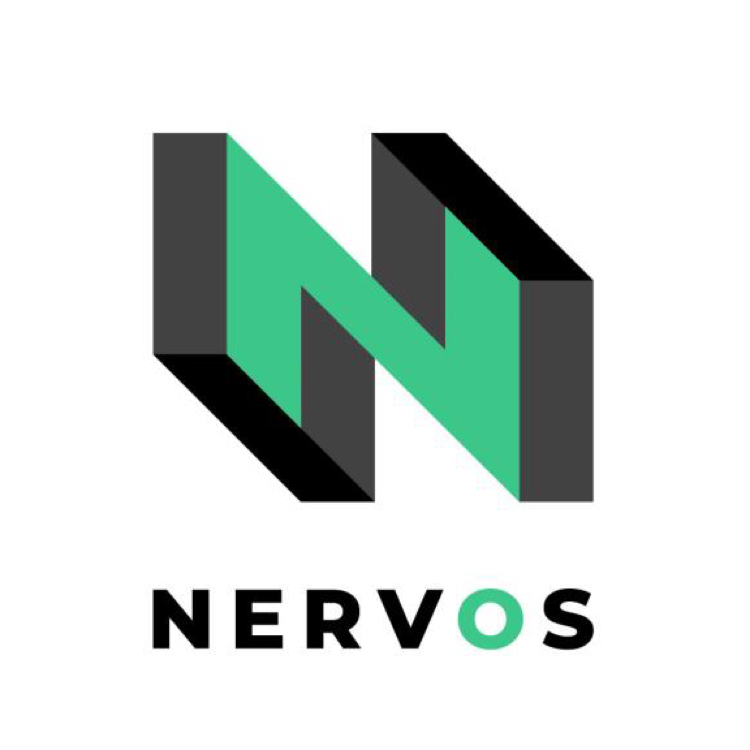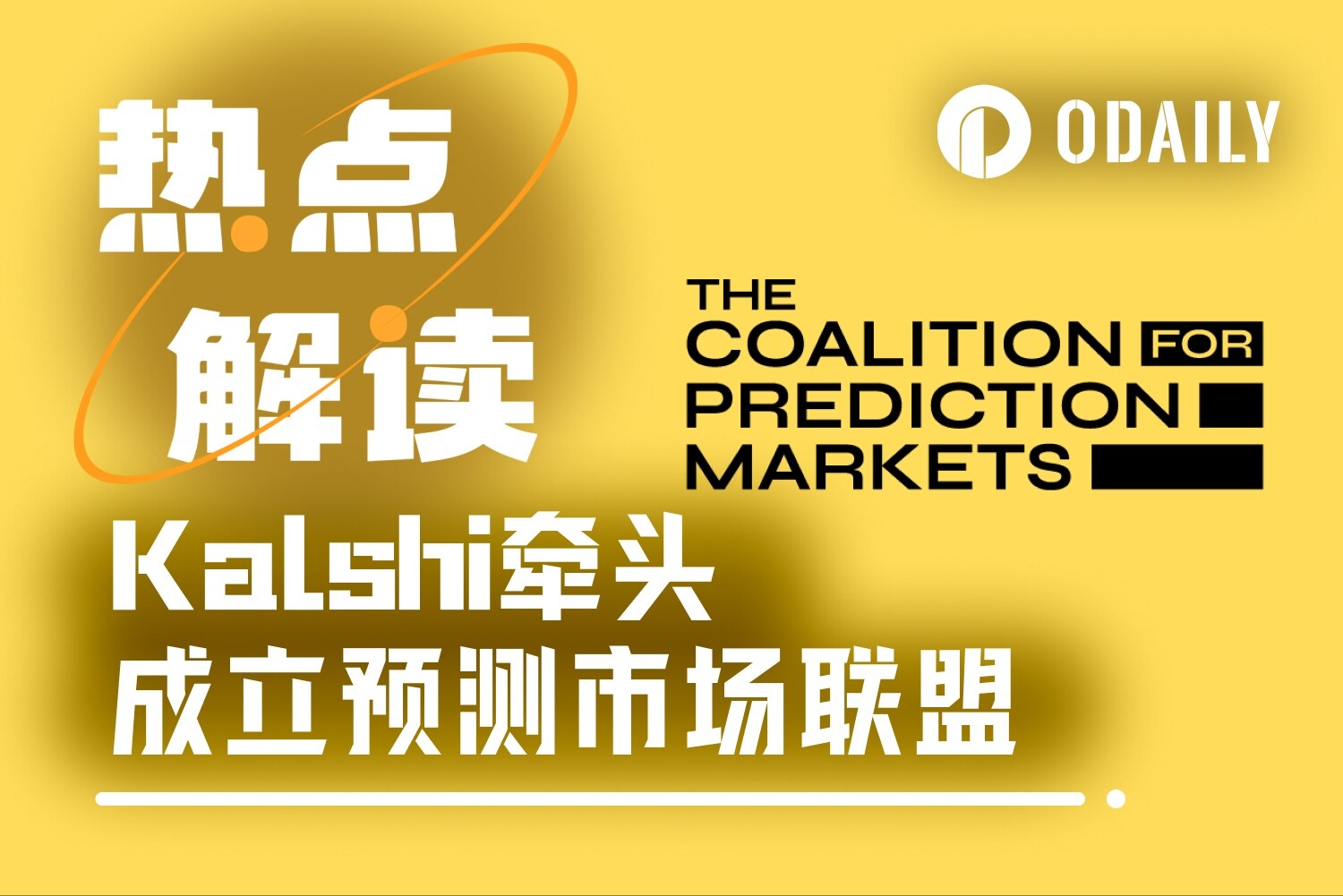Blockchain and common knowledge
What exactly is blockchain? Does the blockchain have any value? In the past year, blockchain technology has been very popular, and we have heard more and more questions and related discussions. The views can basically be divided into two categories:
The blockchain is a revolution that the bull B has grown up
Blockchain is a distributed database
secondary title
Blockchain == distributed database?
Is blockchain a distributed database?
The answer is obvious, yes.
And this is as obvious as distributed databases are databases and databases are software. We don't really care much about the correct nonsense that "databases are software". We are more concerned about the powerful data retrieval function provided by the database, which cannot be provided by general software; we are more concerned about the reliability and scalability brought to us by distribution, which cannot be provided by general databases. When we describe a specific object in a collection, we are always more concerned with the difference and the benefits that the difference can bring.
So, is blockchain just a distributed database?
Before the blockchain, we did not see a distributed database that could be run by two or more companies, let alone an automated business process that could be mutually verified on such a database. Of course, the blockchain cannot prevent users from using it as a "distributed database", just like I cannot prevent my mother from using my book as a table foot.
From the perspective of design goals, distributed databases are more concerned about how to fragment data and improve the throughput of the entire system.Blockchain is more concerned with how to form consensus and create trust. Design goals fundamentally affect system design.
Traditional distributed databases run within a unified trust boundary, while attacks and defenses only occur within the trust boundary, not inside the boundary. The database stores shards. The purpose of local consensus in shards is for throughput and data availability. There is no need for global consensus between shards. And cryptography, which is the art of attack and defense, does not have much room to play here.
One of the basic assumptions of the blockchain is that the system nodes do not trust each other. Nodes can be unreliable, capricious, controlled by hackers, and can change software codes to do arbitrary things.The blockchain protocol must lead reliable and unreliable nodes together to form a global consensus and build trust.What is blockchain?
What is blockchain?
To some extent we can say that the reduced efficiency of the blockchain is the price it pays for trust. The blockchain can store data, but we will not use the blockchain to store general data - although the "Godfather" trilogy is very classic, it is too costly to upload a 130G Blu-ray DVD to the blockchain for storage High, not worth the candle. What we should store in the blockchain is the data that needs to be widely agreed and recognized. This kind of data has a name in game theory called Common Knowledge.
Common knowledge is knowledge that is commonly accepted by a group. Participants in the group not only know the knowledge themselves, but also know that other people in the group also know the knowledge. The concept of common knowledge may sound foreign, but it is actually ubiquitous in our daily lives. To give the simplest example, there are no 4 floors or 13 floors in an office building, because most people think 4 and 13 are unlucky, and the developer also knows that most people think 4 and 13 are unlucky; For the two floors, it will not be considered that the developer is too poor and forgot to design, but will speculate that the developer thinks that the 4th and 13th floors are unlucky, so he made a thoughtful design, so he will not complain to 315. A little bit of trust is created between tenants and developers without interaction, based on common knowledge.
secondary title
Murder on Blue Eye Island
Many puzzles are also application questions of common knowledge. For example, the blue-eyed island murder incident from the male god Terence Tao:
There are 100 people on an island, 5 of them have red eyes and 95 have blue eyes. The island has three strange religious rules.
1. They cannot look in the mirror and see the color of their own eyes.
2. They cannot tell others what color the other person's eyes are.
3. Once someone knows the color of his eyes, he must kill himself that night.
One day, a traveler came to this island. Because he didn't know the rules here, when he was having a carnival with the whole island, he said a word inadvertently: [You have people with red eyes here. 】
Question: Assume that the people on this island are smart enough that everyone can make rigorous logical reasoning. What will happen on this island?
The rules here are the common knowledge recognized and accepted by the residents of the small island. Everyone knows it, and everyone knows that everyone else knows it. If we observe the hat problem, the pirate game, etc., it is easy to find their common framework: a set of rules (common knowledge) that everyone knows is presupposed, assuming that everyone is smart enough (with logical reasoning ability), and finally An unexpected answer (do you know what happened on Blue Eye Island?).
secondary title
Blockchain is a common knowledge base?
Why is the blockchain a common knowledge base? Joining a blockchain network means participating in common verification and acknowledging verified knowledge. After the transaction is verified by the node, it is broadcast and saved together with the relevant proof. Every user of the blockchain acknowledges that the transactions in the blockchain are valid, and knows that other users will accept the transactions in the blockchain as valid.
Common knowledge is the basis for making predictions about the behavior of others, and accurate predictions can reduce future risks. Individuals can find out the best strategy for themselves based on common knowledge; society can create the best future for itself if it can create common knowledge. Common knowledge can be said to be the basis for the formation of social collaboration. If we can improve the formation and transmission efficiency of common knowledge, even if it is only one percent, our production and life will undergo tremendous changes.
In the past, we formed and stored common knowledge through word of mouth and paper and pen records. Now we have new technologies that can realize automated consensus and verification, reliable data transmission and storage, and produce new common knowledge in an industrialized manner. . Common knowledge on the blockchain can exist not only between people, but also between people and things, and between things. Only on the blockchain, we can efficiently create new trust on a large scale, not just migrate and carry existing trust.
The Internet has expanded our communication to the whole world, allowing us to meet strangers on the other side of the world. Blockchain and common knowledge base will expand our trust to the whole world, allowing us to collaborate with strangers on the other side of the ocean. , to create a better future.
Author: cryptojan
Original link: https://www.jianshu.com/p/14b45e9cb2b0



